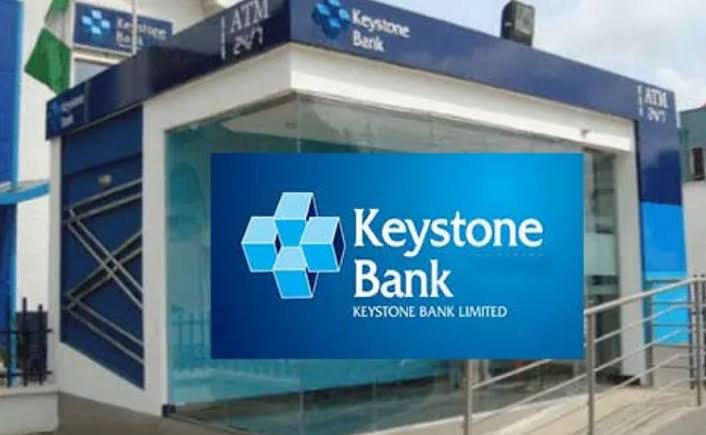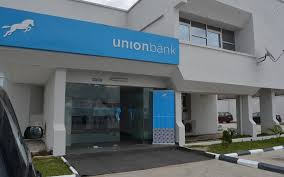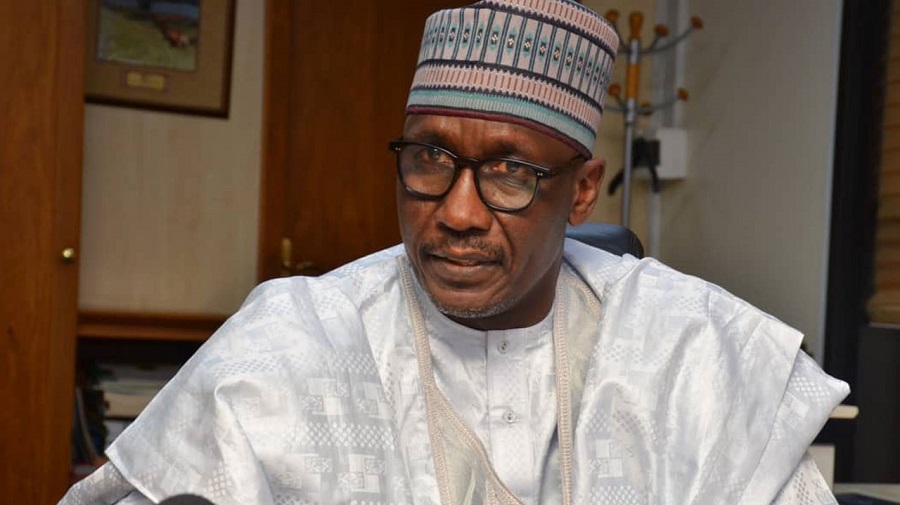The Nigerian National Petroleum Company Limited’s (NNPCL) debts to Premium Motor Spirit suppliers have doubled in the last four months, reaching $6 billion, according to an online news report. This debt surge comes as the federal government depends heavily on NNPCL’s oil exportation for revenue and funding of capital projects. However, crude oil theft has significantly impacted production, reducing government revenue.
President Bola Tinubu has been striving to implement reforms such as eliminating fuel subsidies and allowing the naira to trade closer to market levels without exacerbating the cost of living for Nigerians. NNPCL CEO Mele Kyari confirmed the company is seeking a loan against 30,000-35,000 barrels per day of crude production to support all business activities, including production growth. Kyari emphasized this move is not out of desperation but a regular business practice.
Currently, NNPCL has a $3.3 billion oil-backed loan through Afreximbank, but rising fuel subsidy costs have worsened the company’s cash flow issues. The new loan is expected to help cover these costs. Sources indicated that some oil trading houses have stopped participating in NNPCL’s gasoline tenders due to overdue bills, pushing their exposure to Nigeria beyond allowable limits.
President Tinubu removed fuel subsidies shortly after taking office, causing pump prices to triple. Despite this, NNPCL capped average fuel prices at just above ₦600 per litre, a price now far from market levels due to the falling naira and rising global oil prices. Fuel shortages and long queues have emerged, particularly in Lagos and Abuja.
The upcoming 650,000 barrel-per-day Dangote refinery is expected to begin petrol production soon. However, the refinery’s loans and crude oil feedstock costs in U.S. dollars might make it reluctant to sell at a loss domestically or wait for delayed payments from NNPCL.
Sources indicate the government is under pressure to raise pump prices but is cautious of potential public unrest, drawing lessons from recent riots in Kenya over tax increases.
Agriculture Minister Announces Measures to Address High Food Prices
The Minister of Agriculture and Food Security, Abubakar Kyari, announced a series of strategic measures to tackle high food prices over the next 180 days. These measures include suspending duties, tariffs, and taxes on certain imported food commodities such as maize, husked brown rice, wheat, and cowpeas through land and sea borders.
Kyari emphasized that imported food commodities would be subject to a Recommended Retail Price (RRP) to ensure affordability while maintaining quality standards. The government plans to import 250,000 metric tons of wheat and maize each to supply small-scale processors and millers across the country.
Additional measures include purchasing surplus food commodities to restock the National Strategic Food Reserve, supporting smallholder farmers, accelerating dry season farming, and promoting agricultural mechanization. The government will also collaborate with sub-national entities to identify irrigable lands and increase cultivation areas.
The minister highlighted the inauguration of the Renewed Hope National Livestock Transformation Implementation Committee and the creation of a Ministry of Livestock Development to prioritize livestock policies.
Efforts to enhance nutrition security include promoting fortified food production and scaling up the Home Garden Initiative. Kyari assured that the government, in collaboration with the Presidential Food Systems Coordinating Unit (PFSCU) and the Economic Management Team (EMT), would finalize implementation frameworks within 14 days.
Kyari reiterated President Tinubu’s commitment to achieving food security and ensuring no Nigerian goes hungry. The minister called for the cooperation of all relevant stakeholders to successfully implement these measures and address the nation’s food security challenges.









